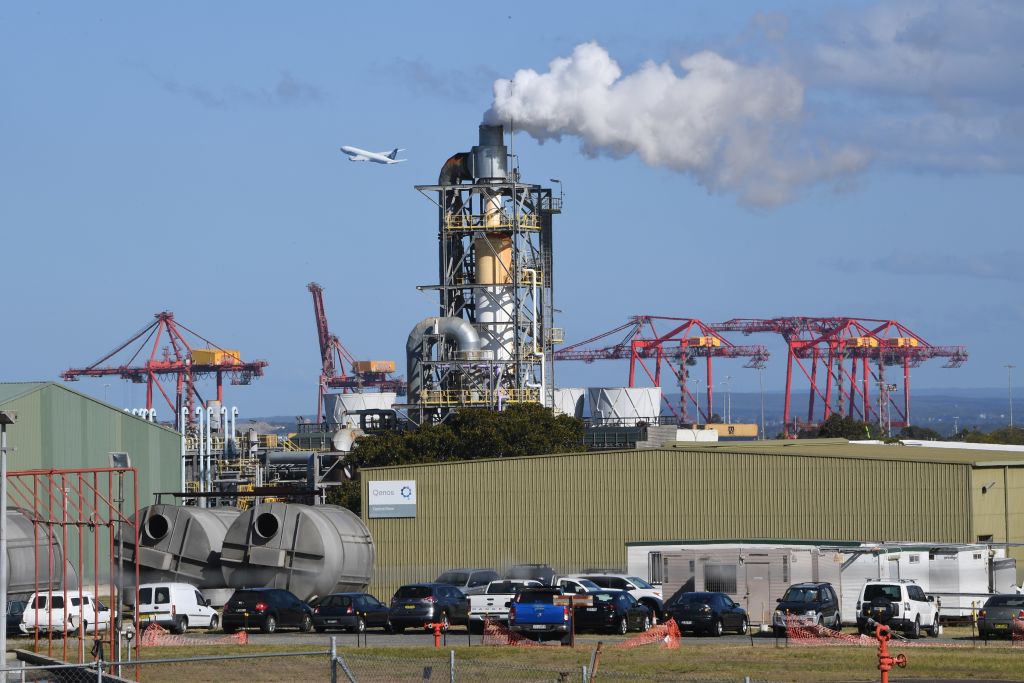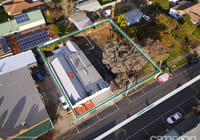
Sydney's disappearing industrial land needs to be preserved: Lucy Turnbull
Industrial-zoned land in Sydney should be protected from competing development types, including residential, to support long-term population growth, according to the planner charged with future-proofing the city.
Speaking at the Australia-Israel Chamber of Commerce panel on Thursday, Lucy Turnbull, the chief commissioner of the Greater Sydney Commission, raised concerns about the diminishing industrial land in metropolitan areas, which has been rezoned for other purposes including residential and mixed-use.
“If we need lots of last-mile delivery because of a lot more online purchasing, we have to understand that if we turn everything into what might be the best and highest use at a single point in time, it may contract the options that we have to support the metabolism of the city, especially in central Sydney and the western city,” she told the audience.
“These industrial-zoned lands are actually really important to support what you might call the metabolism of the city.”
Areas in Sydney where industrial land is facing pressure from residential rezoning include south Sydney suburbs Alexandria, Waterloo, Rosebery and Mascot.
The suburbs are seen as gems by industrial players as they are close to Port Botany, Sydney Airport as well as the Sydney CBD – yet its proximity to the city also means the industrial-zoned land can be difficult to replace.
Mrs Turnbull noted that it was not good enough to concentrate industrial-zoned land and facilities in outer western suburbs as it would not efficiently service residents and businesses living closer to the Sydney CBD.
“If every single parcel has to come all the way from Badgerys Creek to get delivered right here, that’s not a good outcome,” she said.
“You can build 98 highways (from western Sydney to the CBD) and there still won’t be enough.”
An example of how excessive housing disrupted industrial and business activity that Mrs Turnbull said she “never want(ed) to see happen again” was how the residential development “constrained” the operational hours of Sydney ports.
“Now to reduce the productivity of Sydney ports because there’s been a few hundred apartment units built in a certain area, I think that’s kind of like a false economy between productivity and housing supply,” she said.
“You don’t want to see those sorts of things happening again.”
Louise Mason, Stockland’s head of commercial property, said more flexibility around the competing uses of land was needed to deliver the demands of a growing city.
“There’s got to be flexibility around it because there is a continual blurring of the lines and at the end of the day, it’s about services and amenity that the population demands,” she said.
“Industrial too is, as we know, changing rapidly so industrial is now more about automated logistics – that’s a very different beast than the old industrial of 20 years ago.”
Sydney’s industrial land, valued at $1018 a square metre, is worth almost four times that of Melbourne’s, which is $259 a square metre – largely driven by a critical land shortage in the harbor city, according to Colliers International.
What is left of serviced industrial-zoned land across greater Sydney is expected to run out in up to four years’ time at the current take-up rate. This is “relatively low by historical standards”, the agency’s Industrial H2 Research and Forecast Report wrote.
The report also noted a “significant portion” of developable land is held by private owners who are not pressured to activate their sites.











